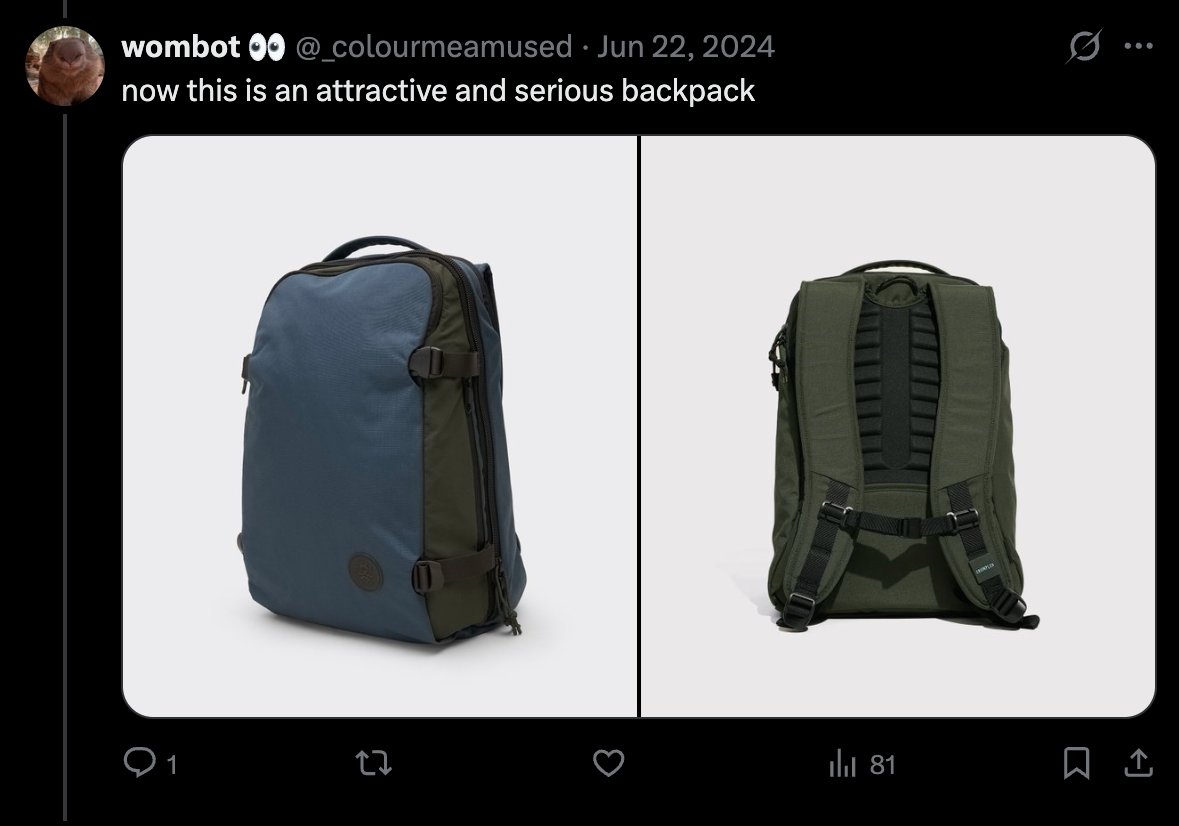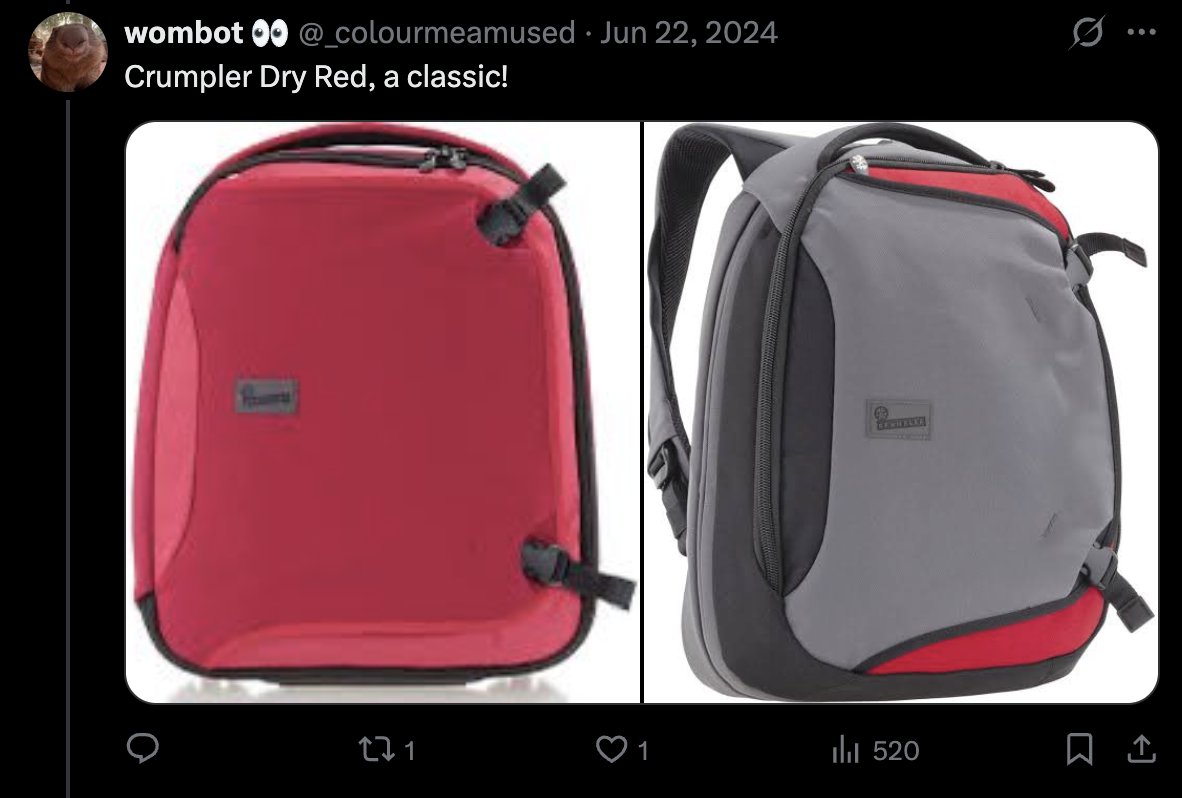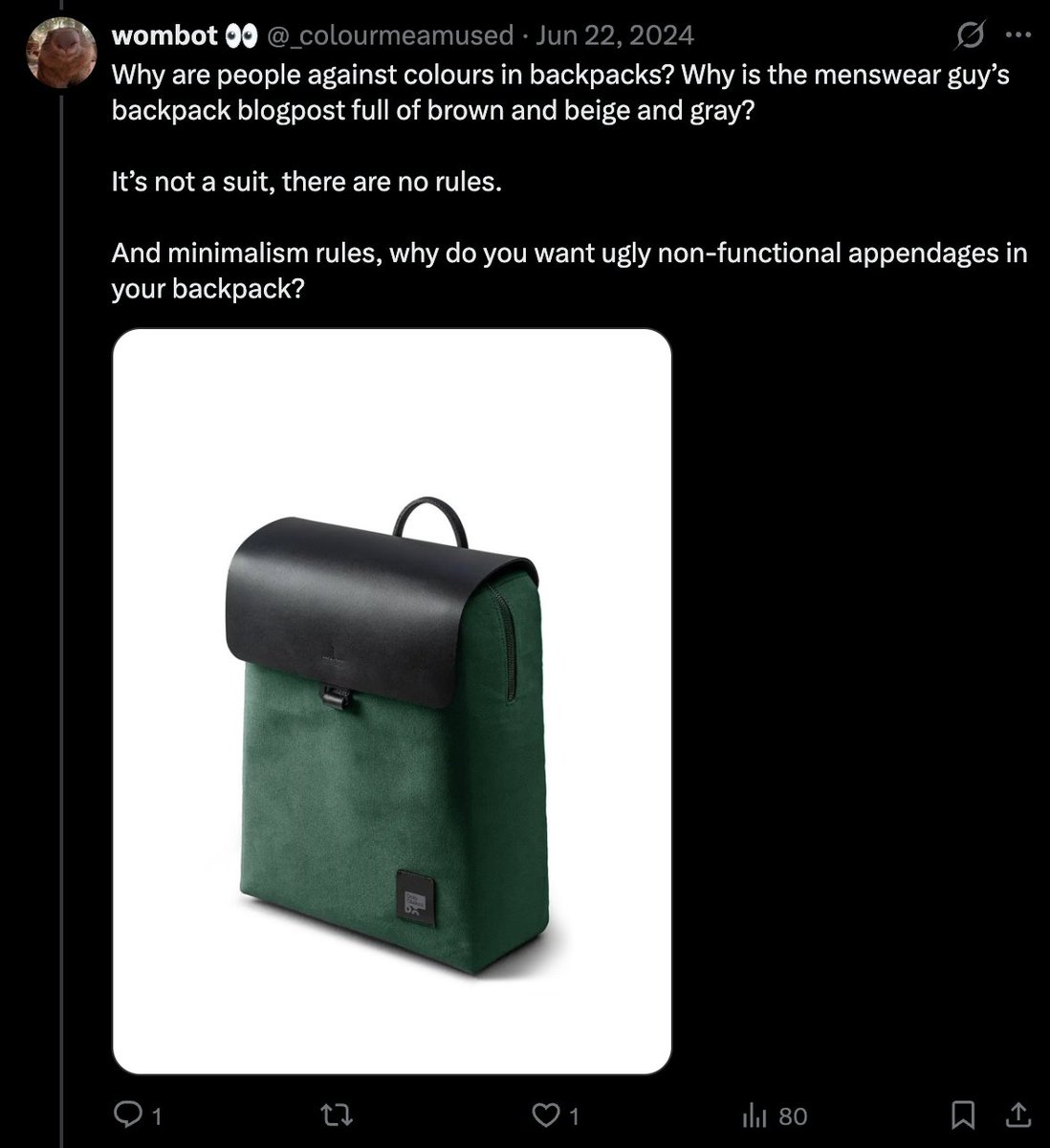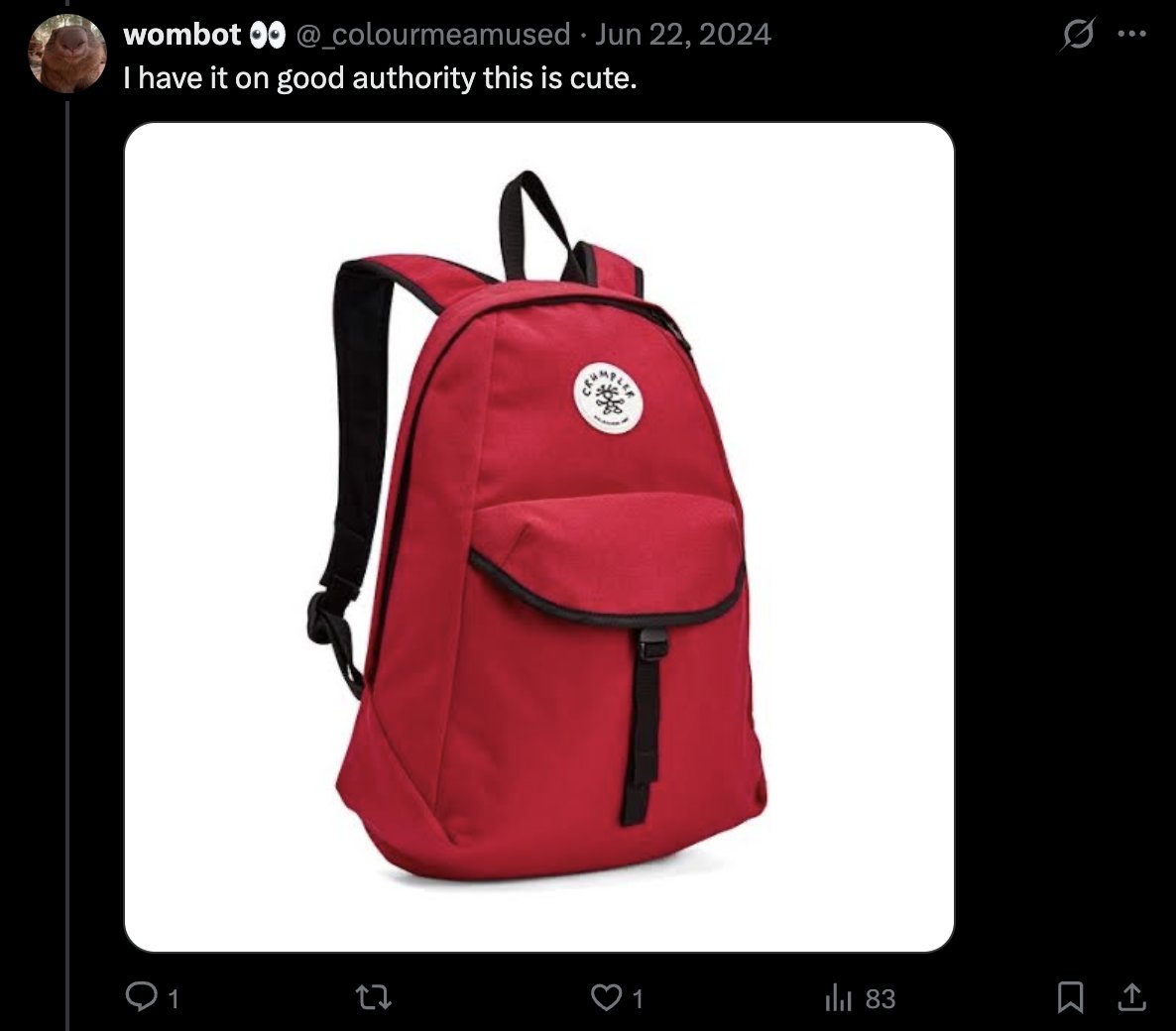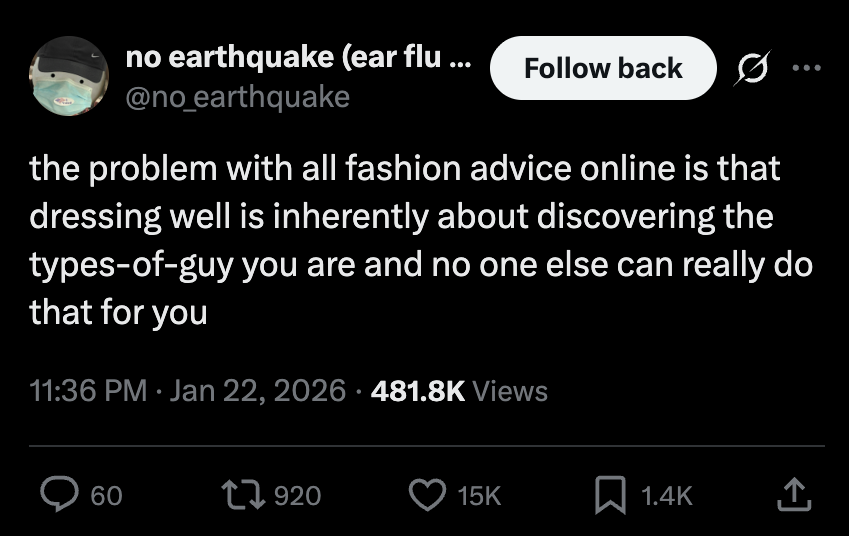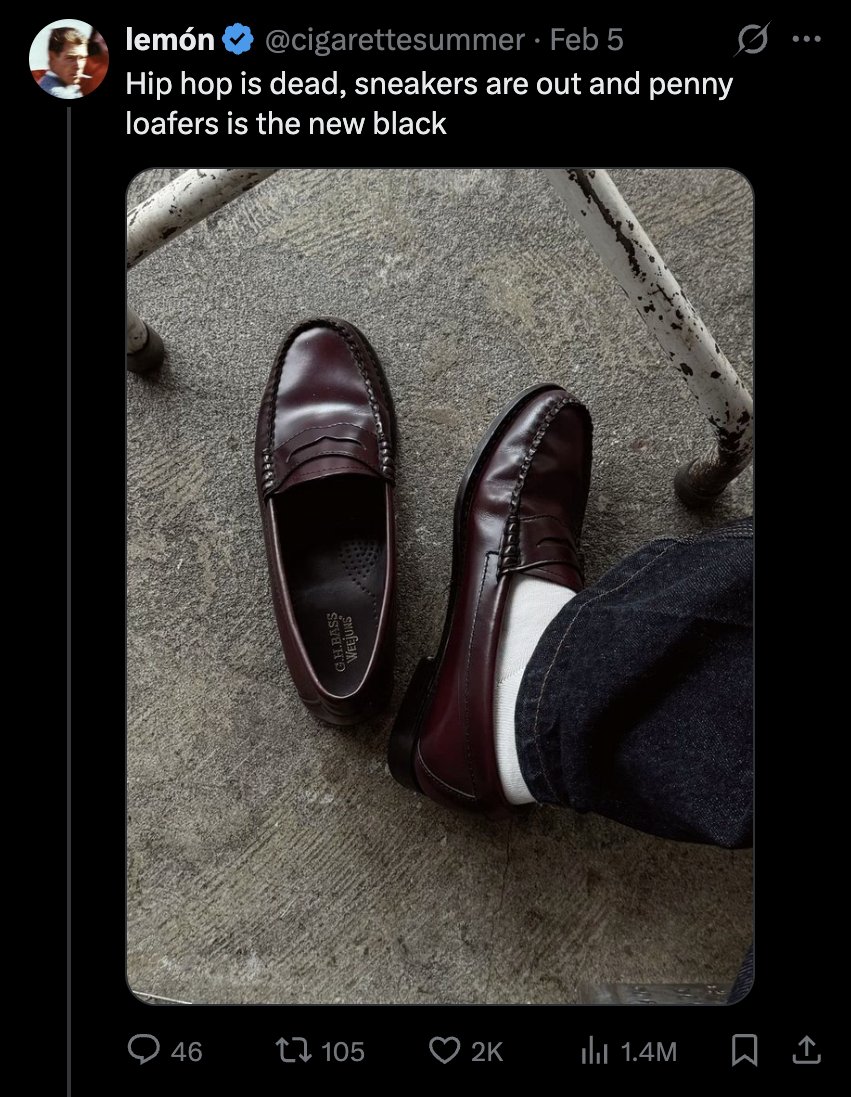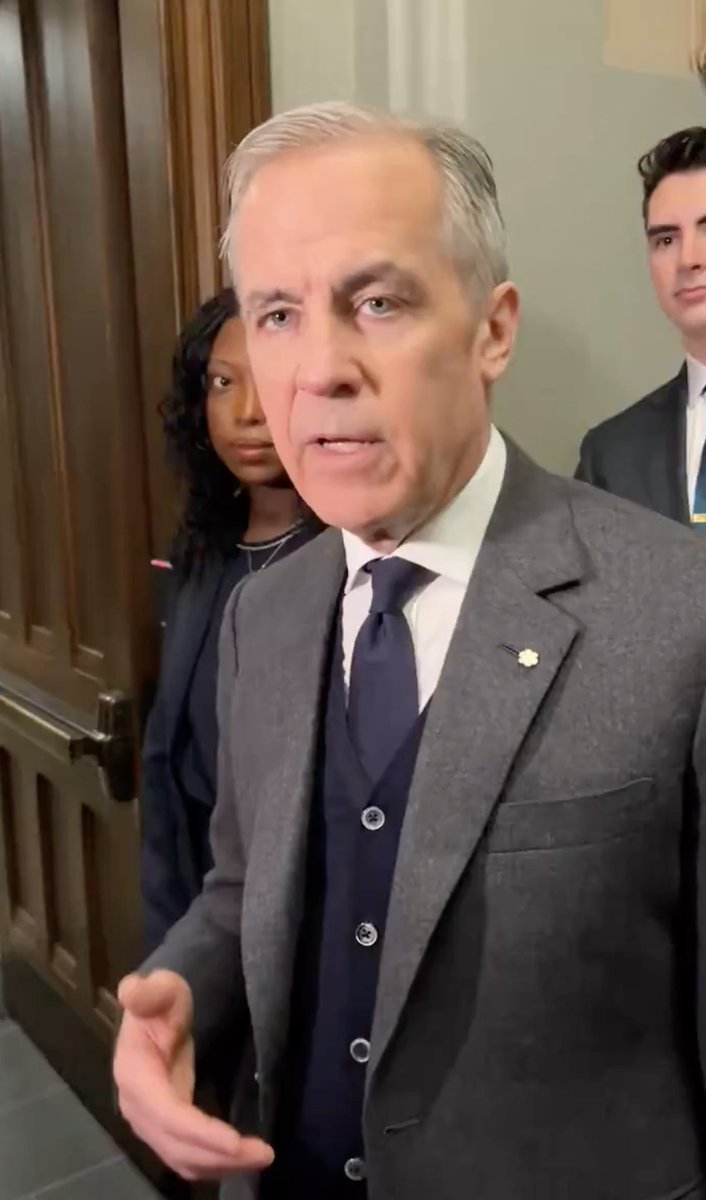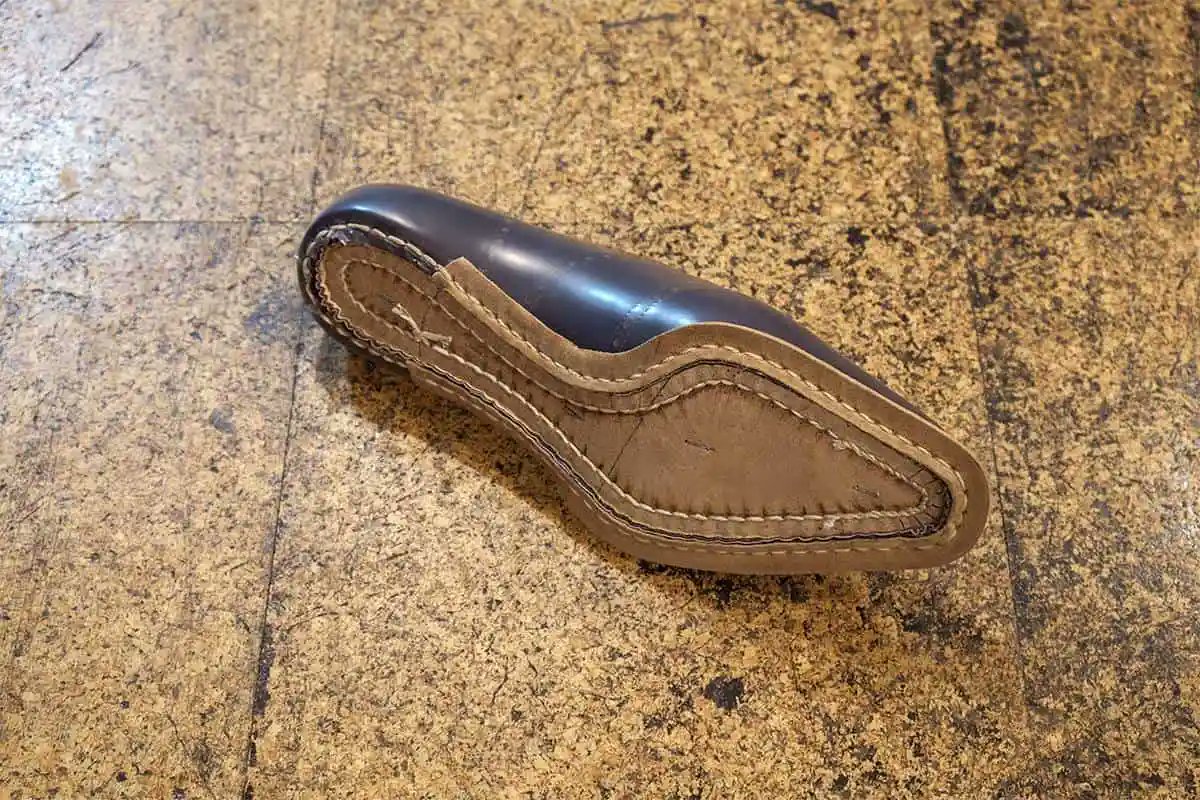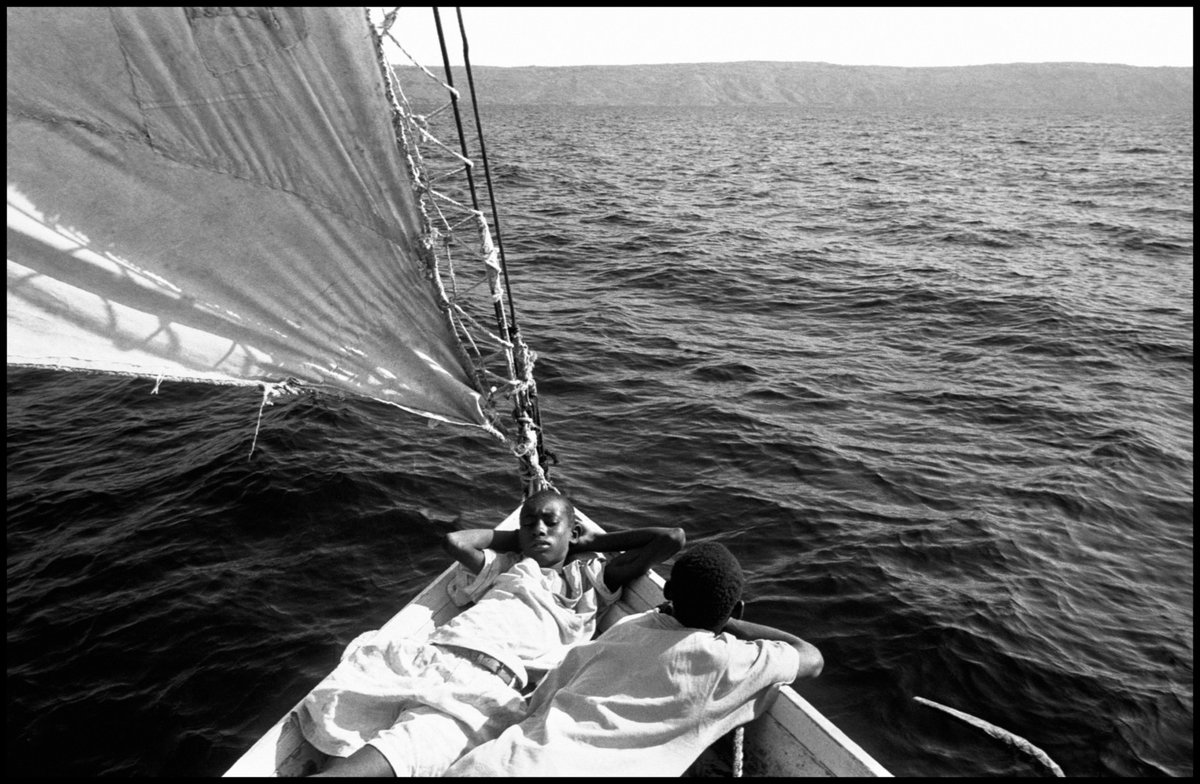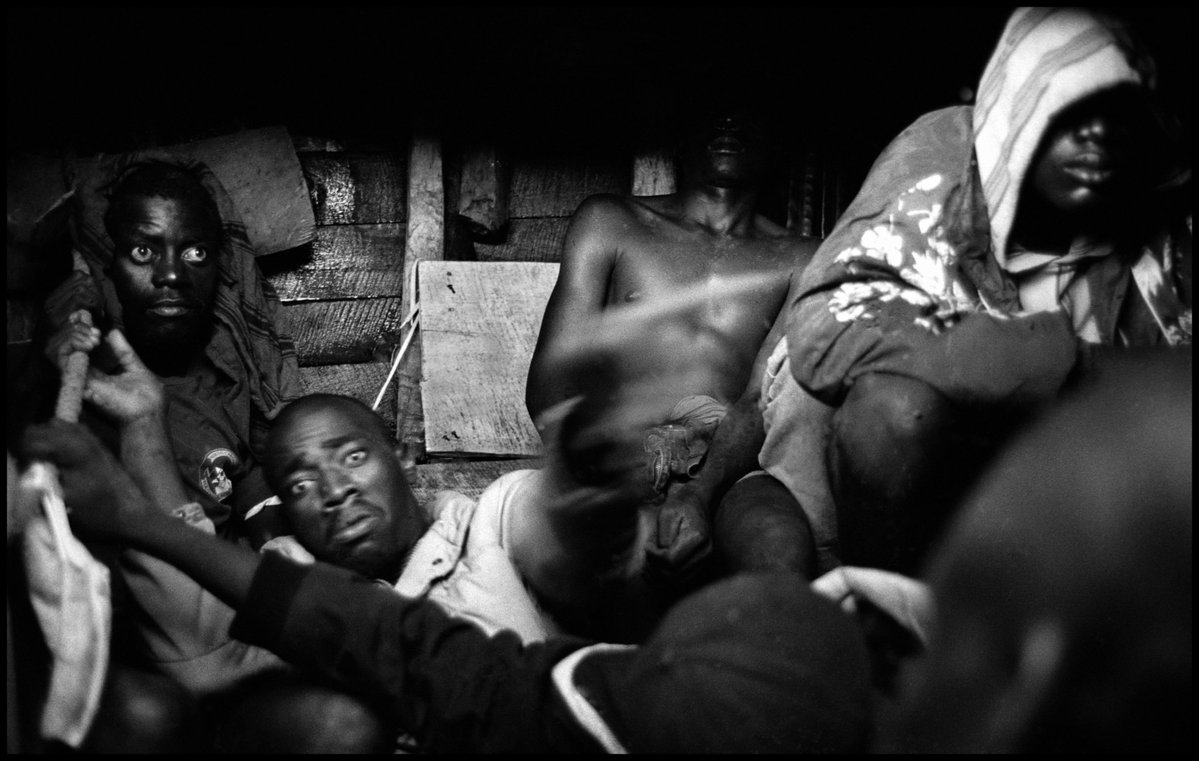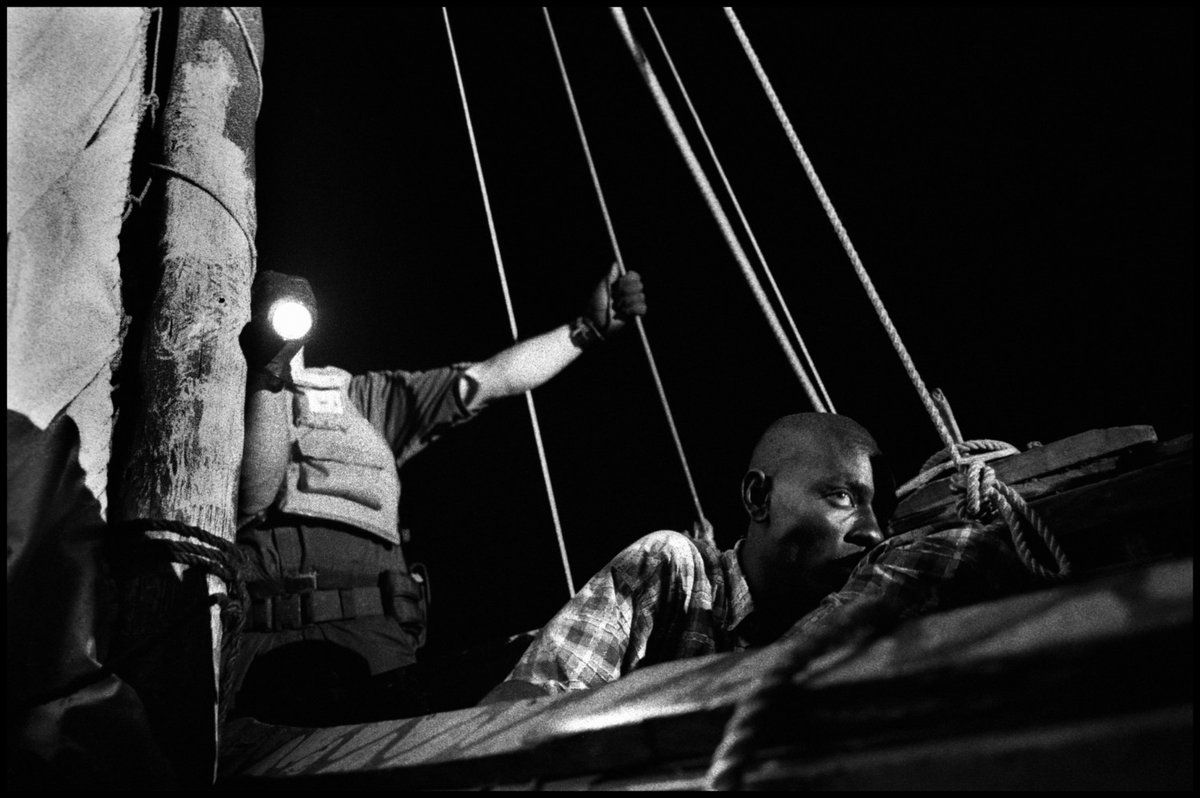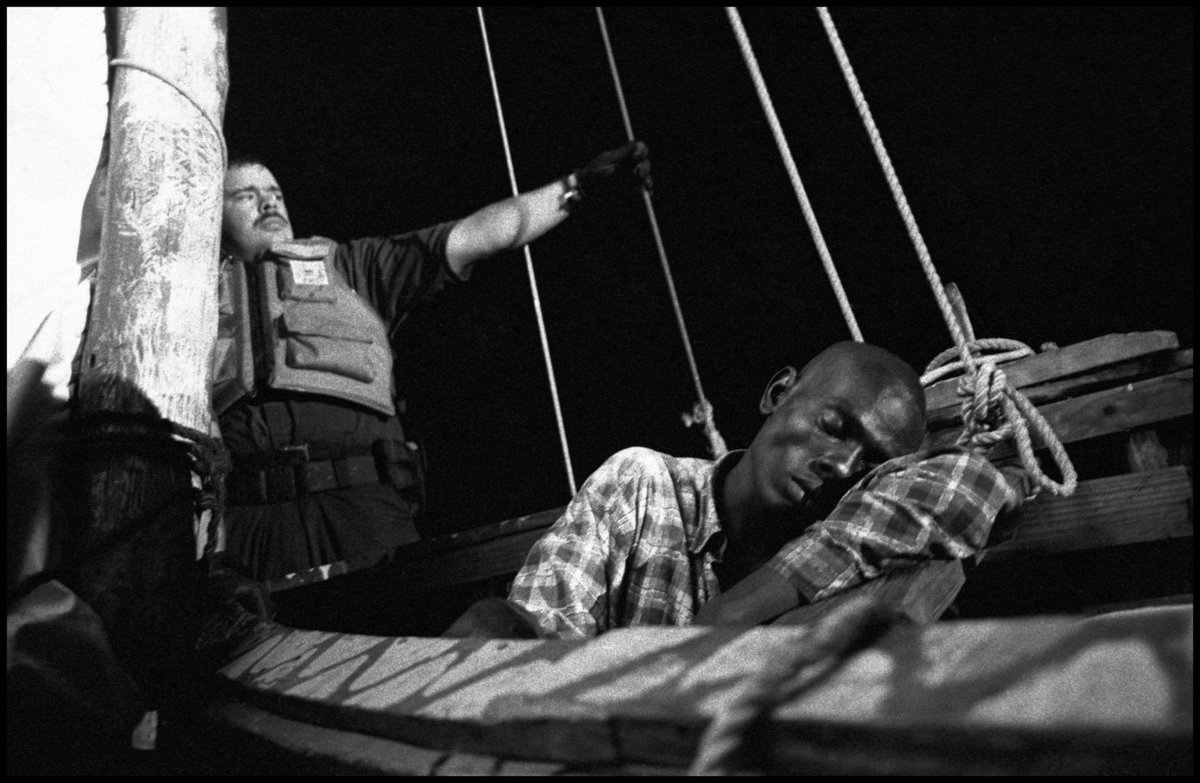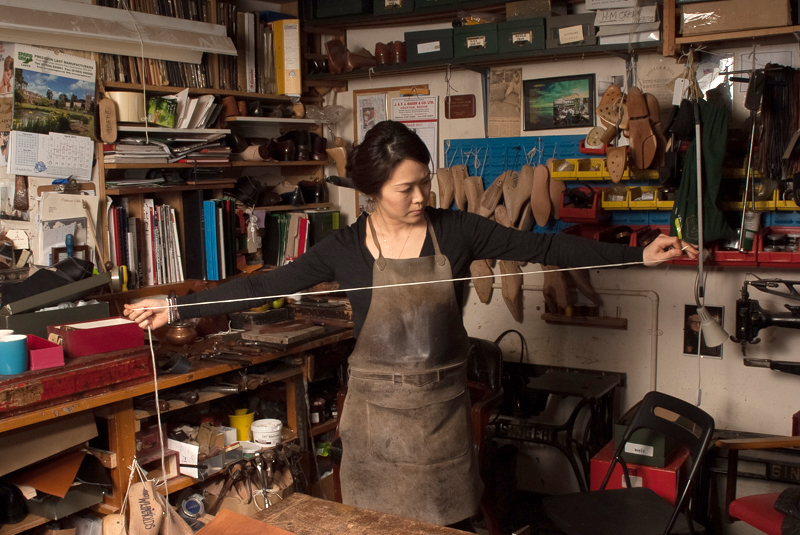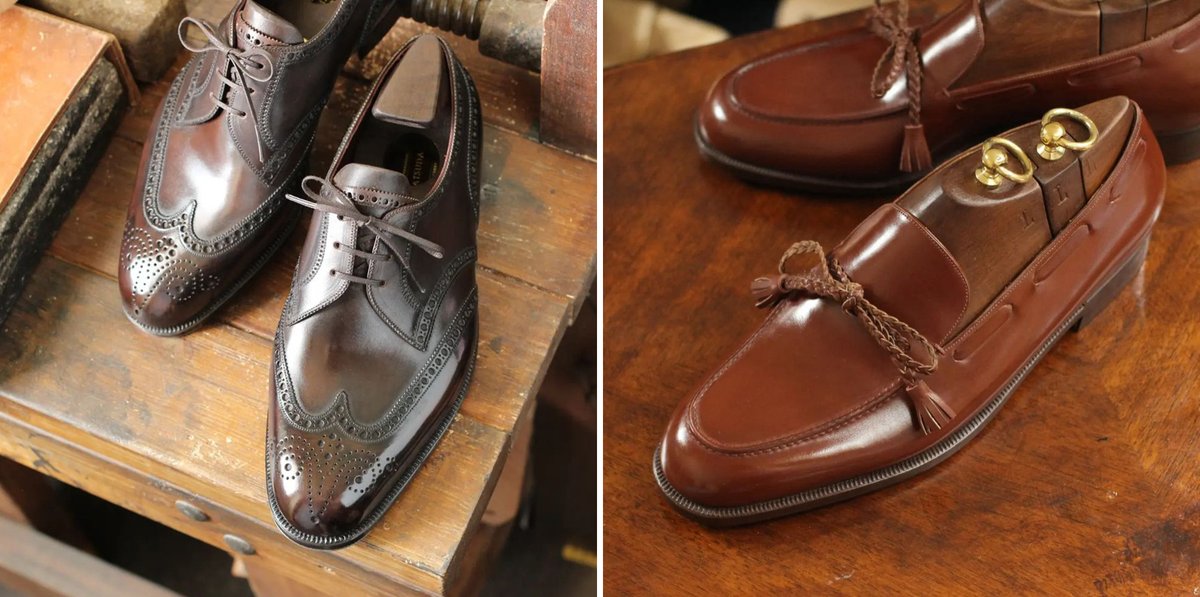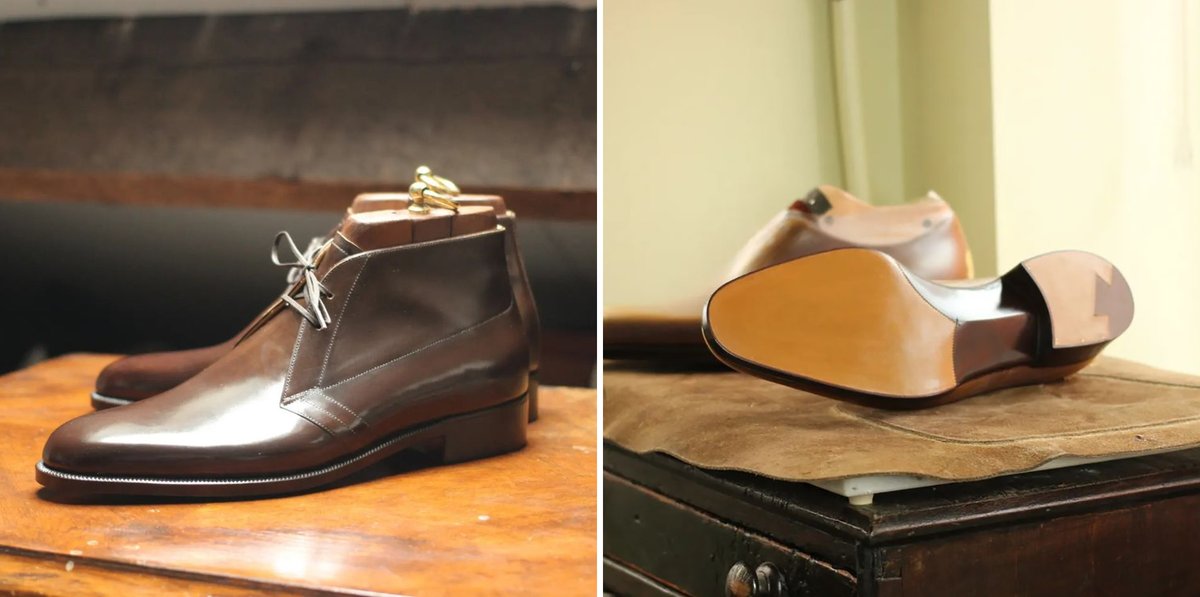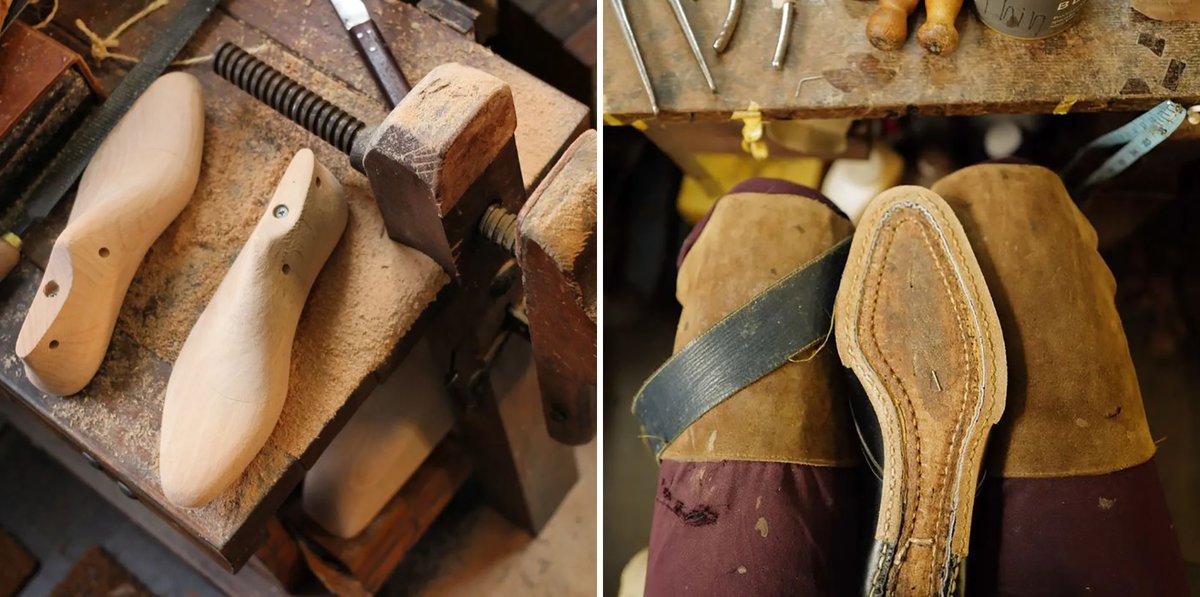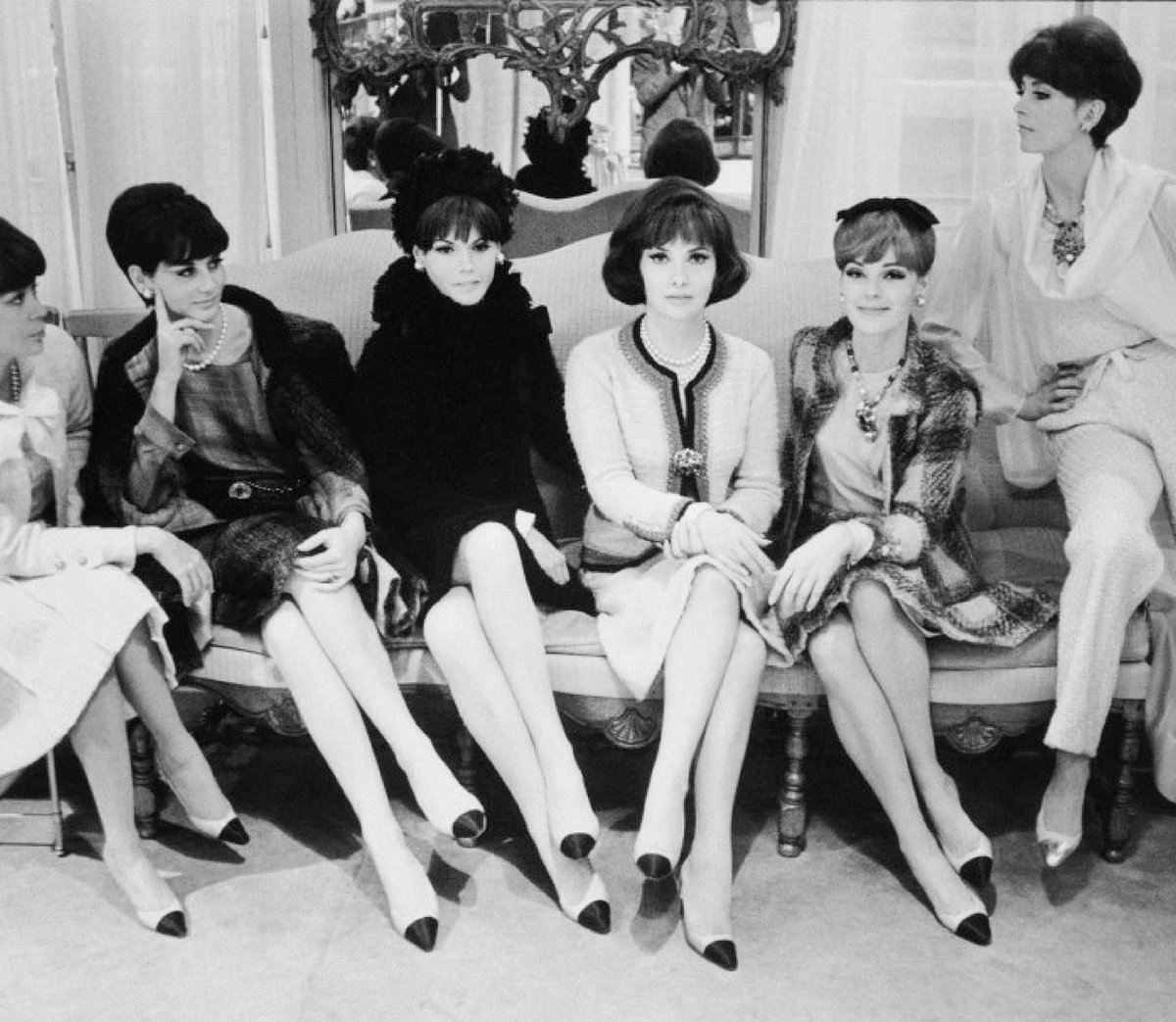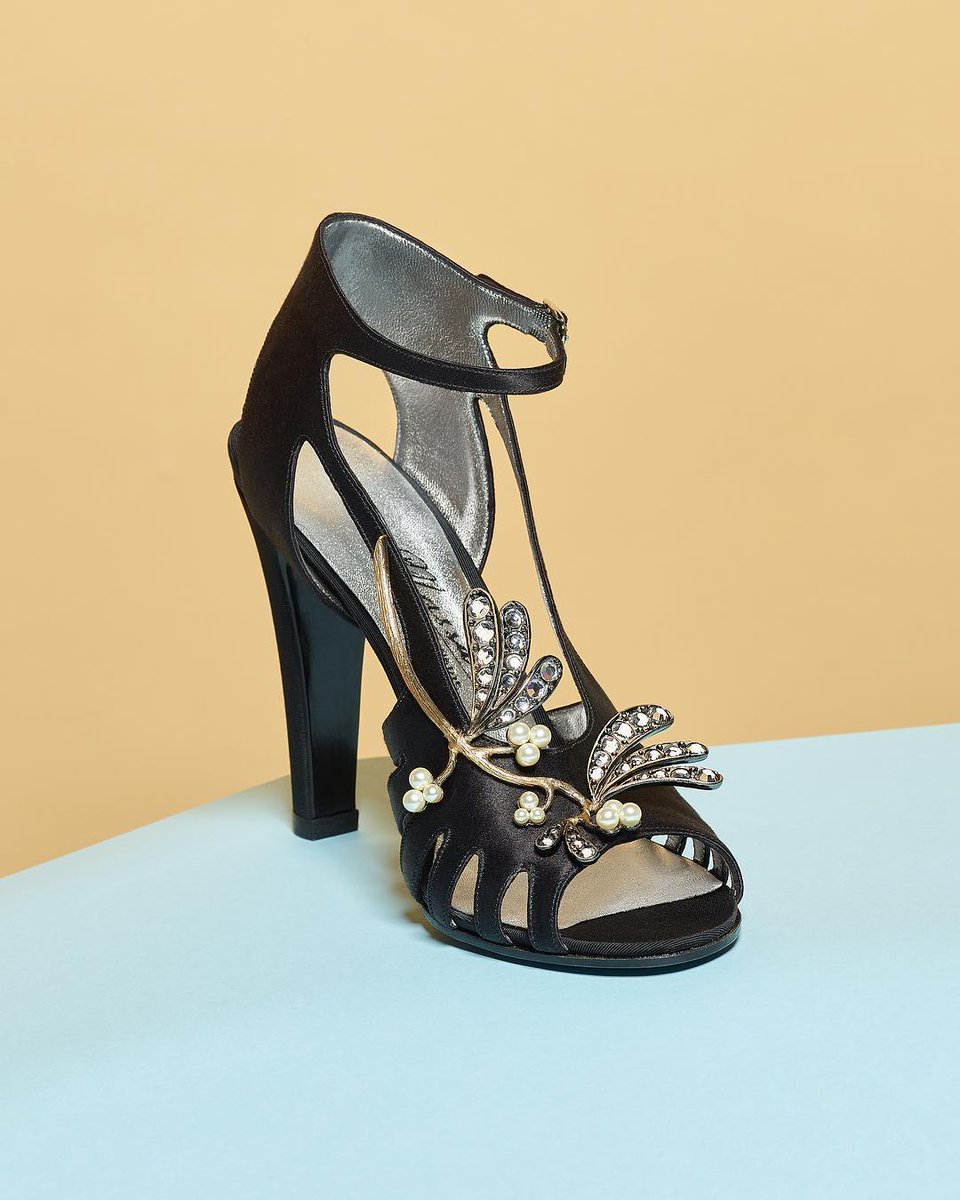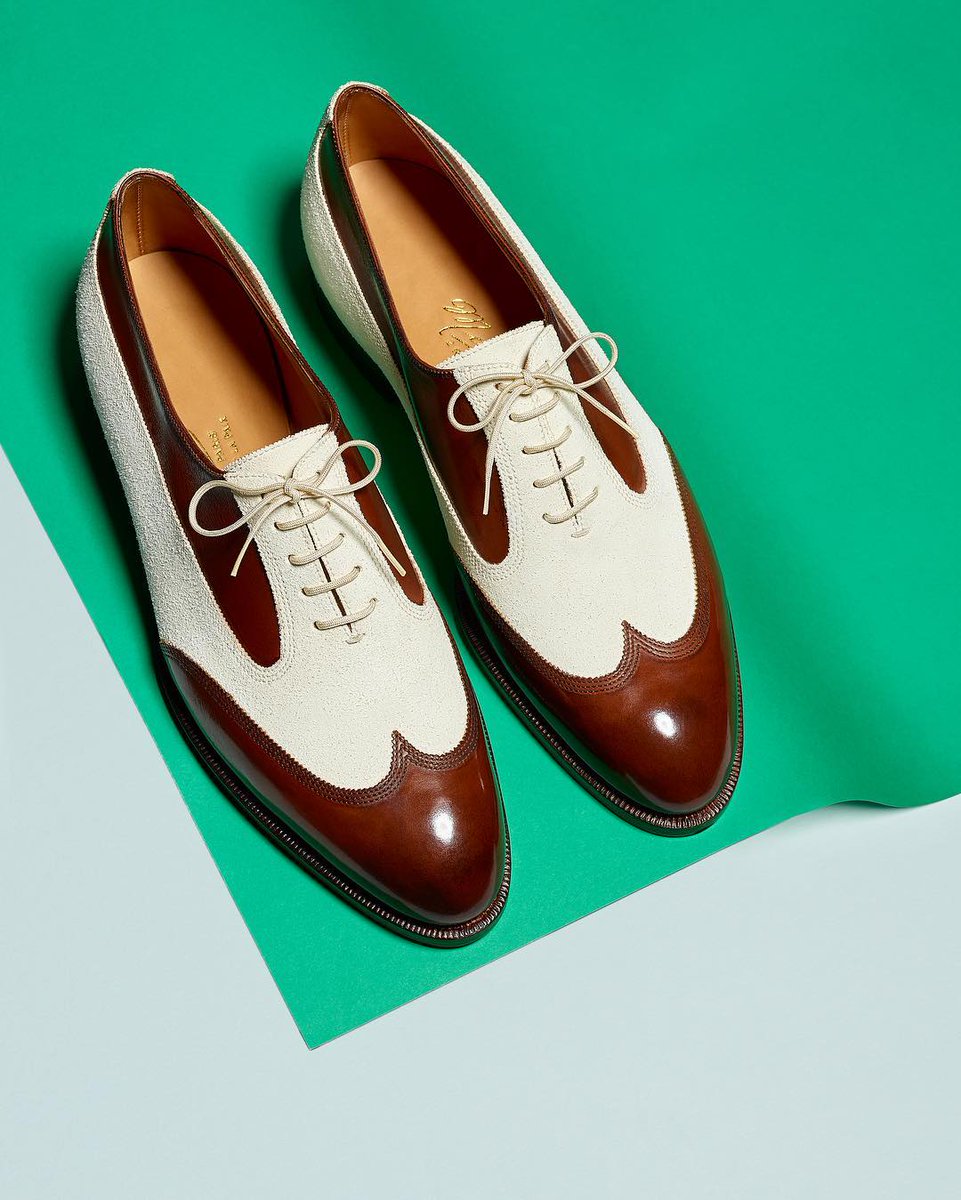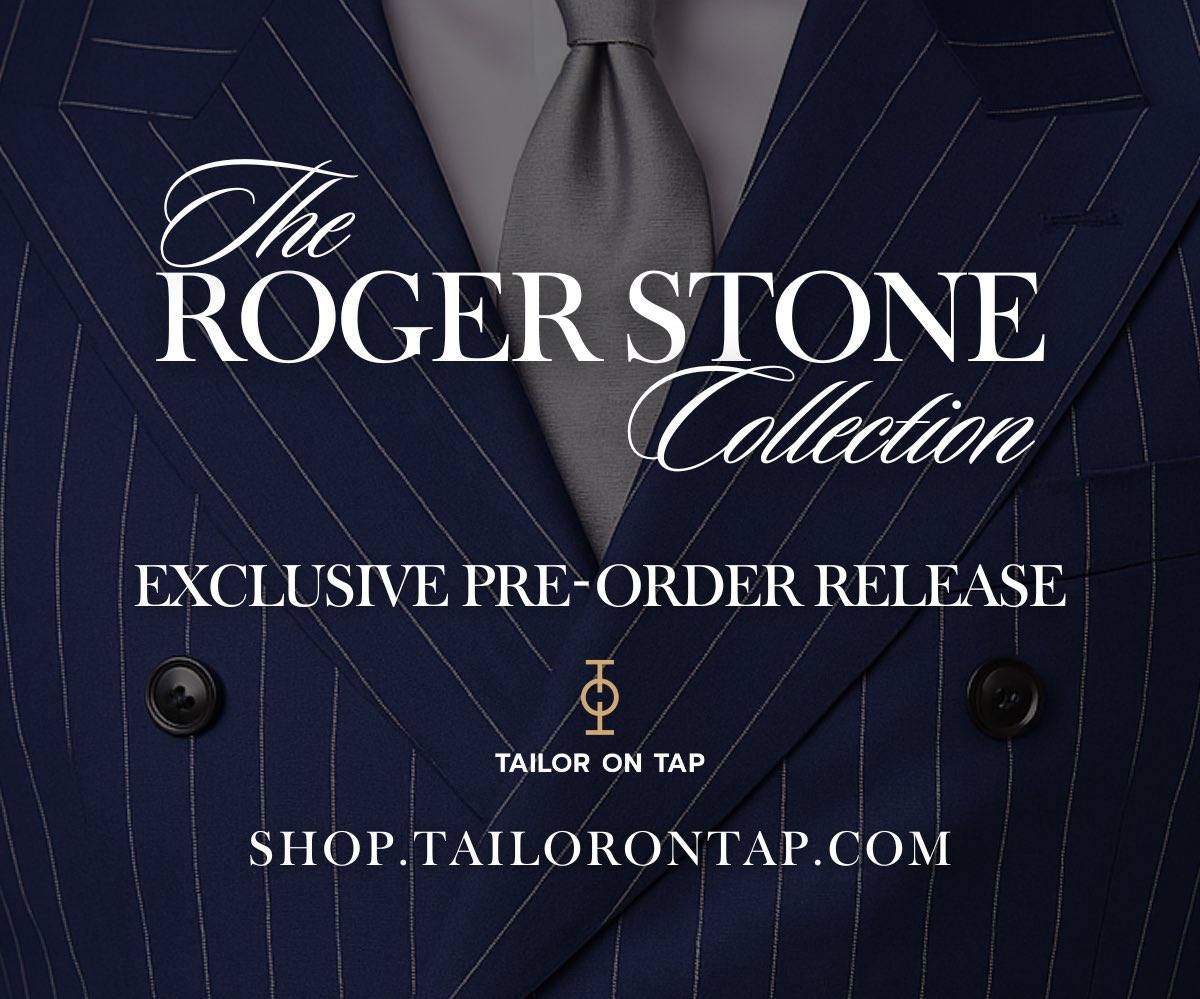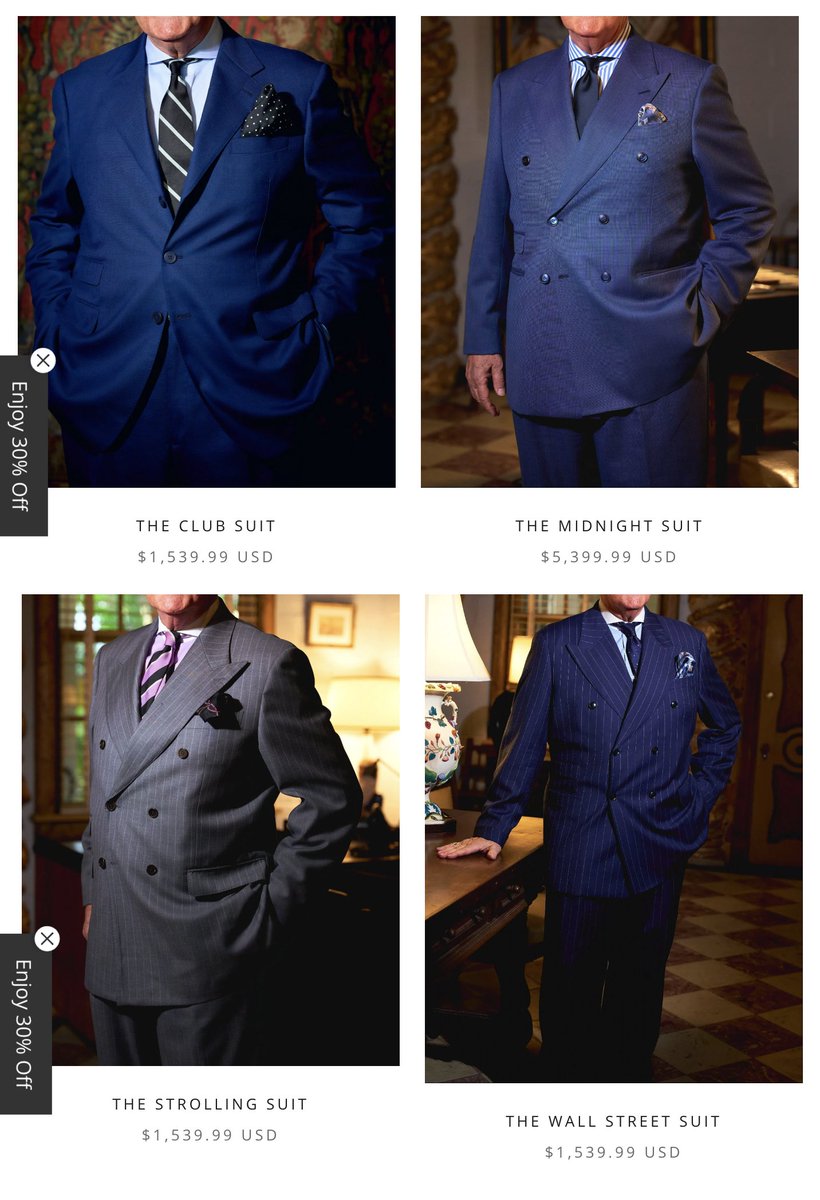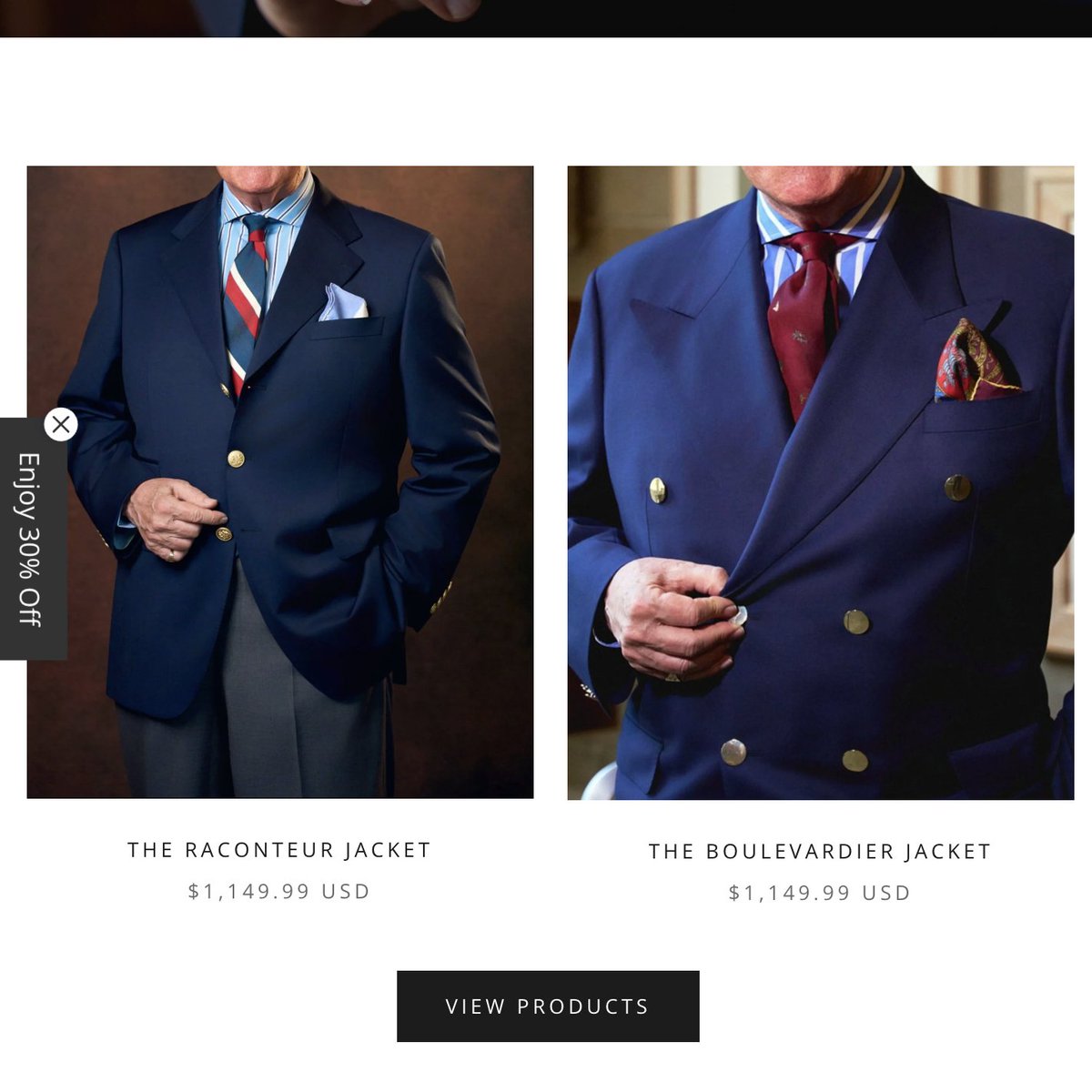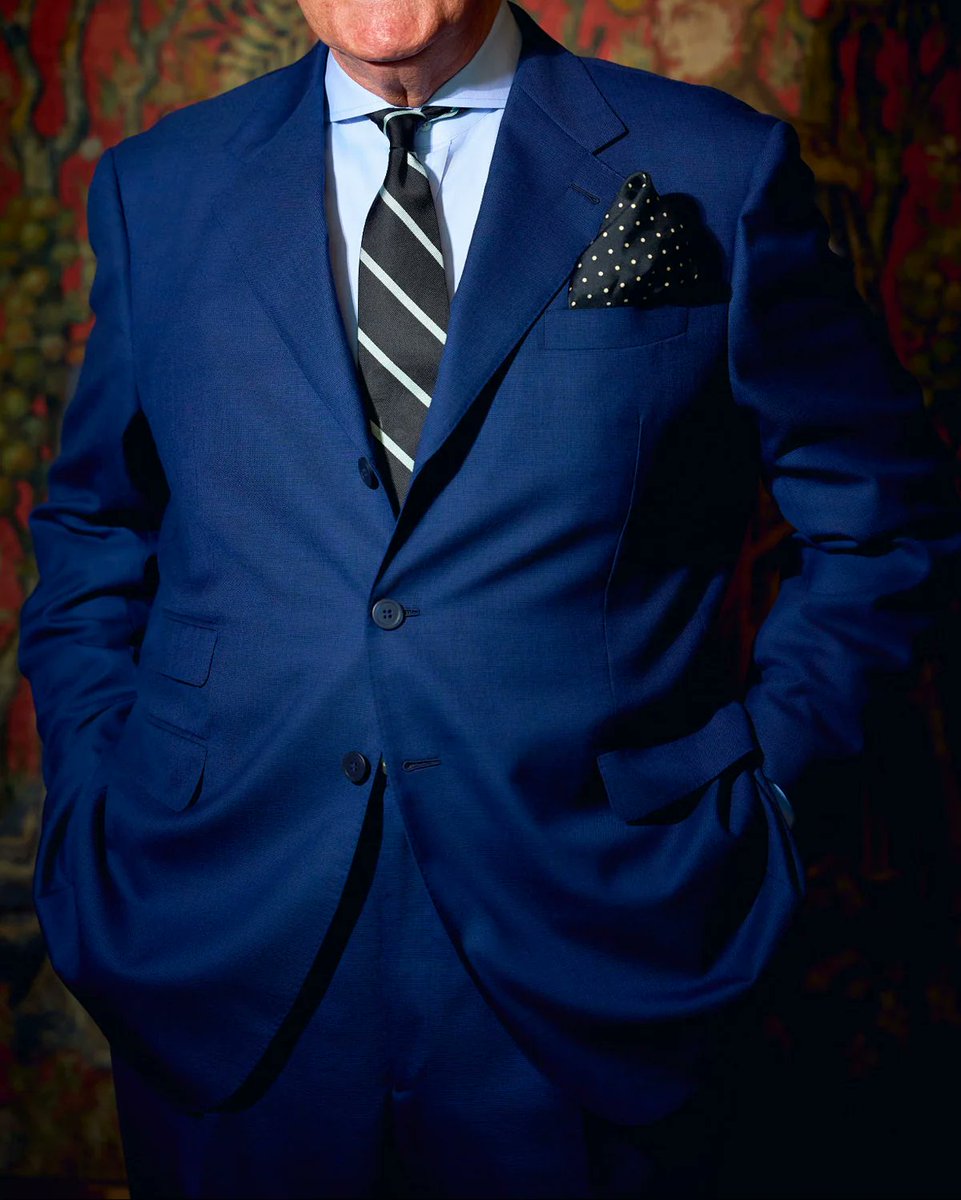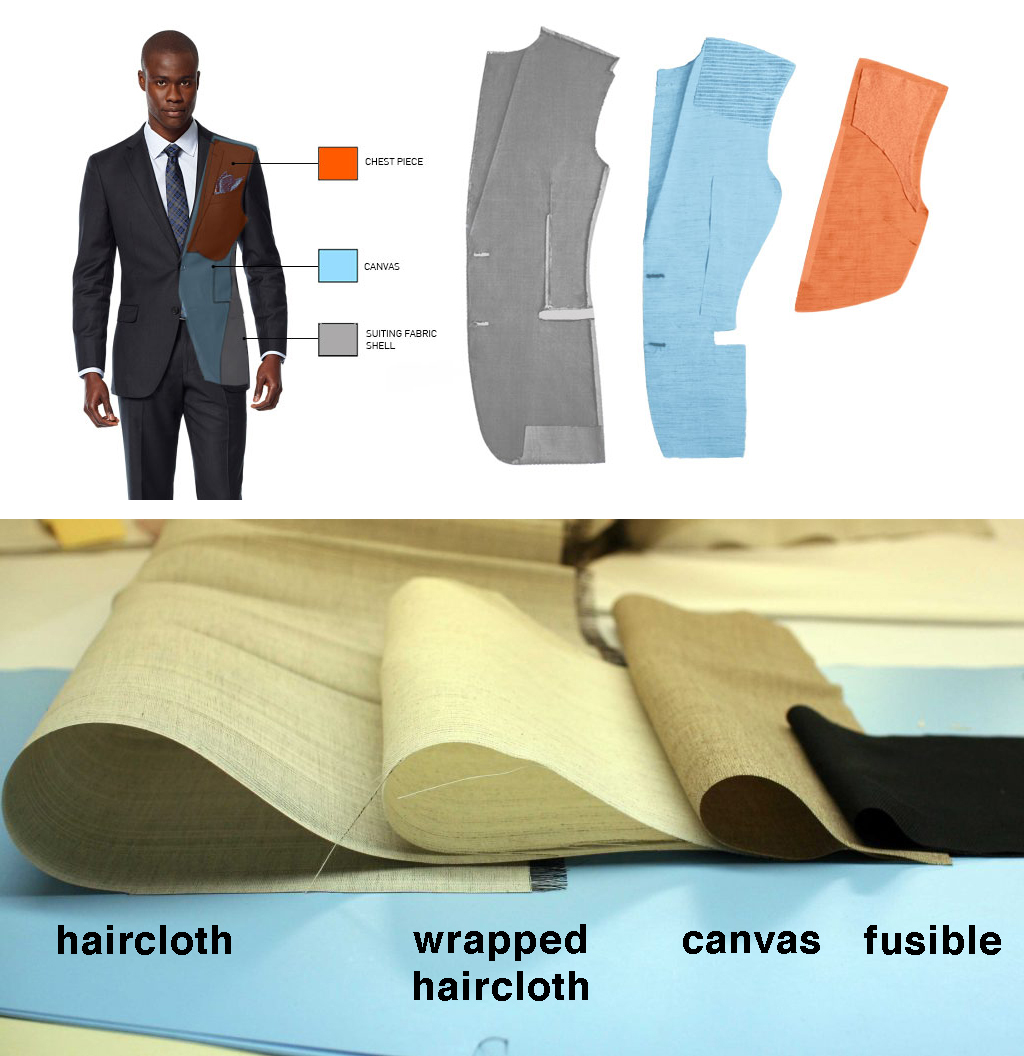THOUGHTS ON CREATING GOOD OUTFITS 🧵
A good outfit, to me, tells a story about the person. It's not just a collection of cool stuff, haphazard items, or about just following rules. Personality, lifestyle, culture, and identity all come into play. Examples from IG:
A good outfit, to me, tells a story about the person. It's not just a collection of cool stuff, haphazard items, or about just following rules. Personality, lifestyle, culture, and identity all come into play. Examples from IG:
Marco is a motorcyclist, dancer, and fashion dude who likes to go to warehouse parties in LA. His style is bohemian and expressive; he wears a lot of niche Japanese fashion. What looks haphazard is actually culturally legible if you're into this sort of scene.
IG marco.pants
IG marco.pants
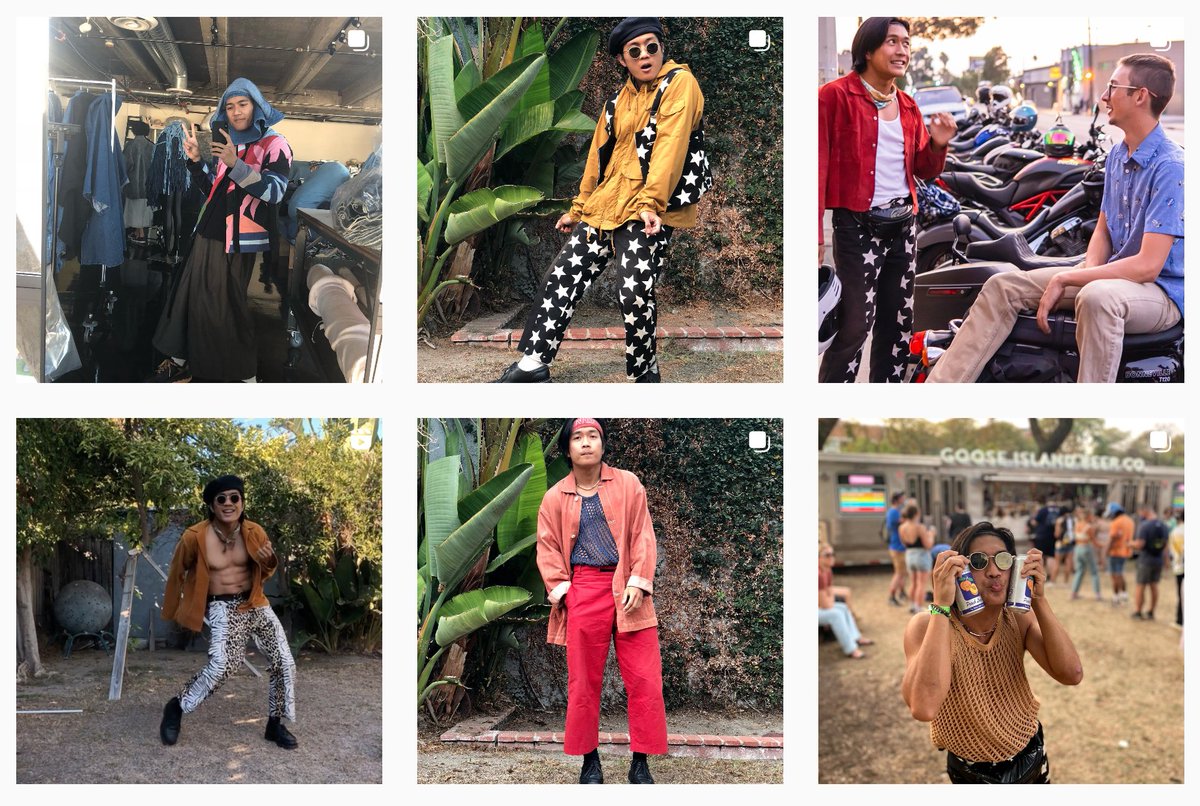
Mark Maggiori is a French-American painter who specializes in painting paintings of American cowboys, Native Americans, and the American Southwest. So, of course, his dress heavily leans into Westernwear and workwear.
IG markmaggiori
IG markmaggiori

Tom Chen is an interior designer who lives a pretty grand lifestyle full of beautiful rooms, spacious gardens, and picturesque estates. His unusually colorful wardrobe (pants in sage, periwinkle, and lemon) fits the surroundings and his persona.
IG tomstation
IG tomstation

I don't like commenting on outfits I dislike and avoid doing so when it involves reg ppl. But sometimes, a contrasting example is useful. Peterson here is wearing the same color pants as Tom above, but his personality is too severe. Tailoring is also too slim; it betrays effort 
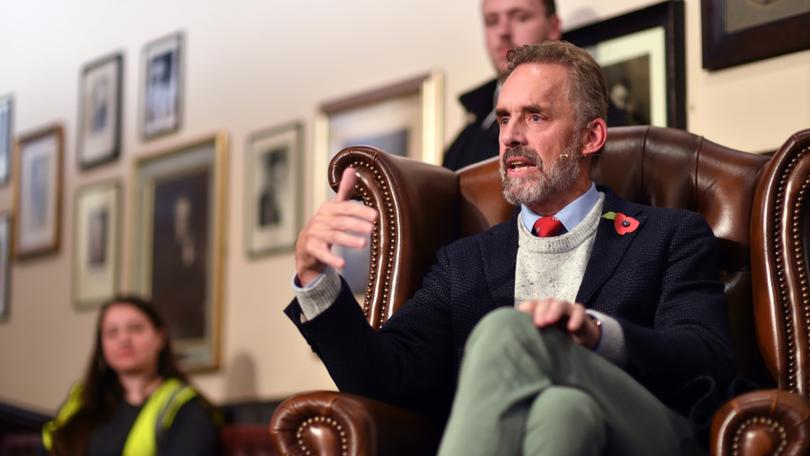
Jeffery is a brooding art critic and collector of vintage things. He attends parties in global cities around the world. If you talk to him, he also has a certain mysteriousness about him. His style leans heavily into dark colors, 70s style, & moody elements.
IG therapeuticwhale
IG therapeuticwhale

He obvs doesn't have an IG, but Robert Mueller is one of the best-dressed men in government. His style is genuinely classic, conservative, and true to his WASP roots. No-nonsense white button-down, trady sack suit, dark foulard tie. Backward watch reveals his time in the military 



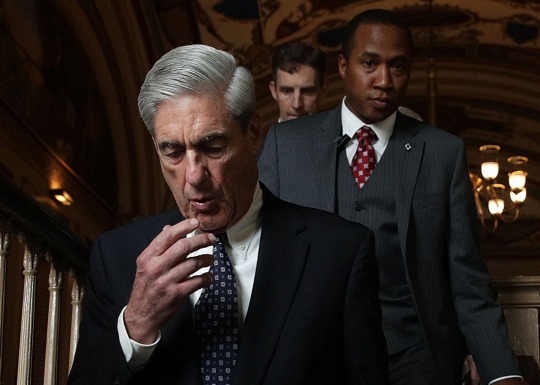



Again, by contrast, Roger Stone's attire comes off as clownish. He claims to like classic menswear, but his actual style is festooned with too many gimmicky elements. Cutaway collar, exploding pocket squares, lapel chain, goofy glasses, etc. Comes off as a costume 





~70 yrs ago, the scope of what men could wear was much narrower. Many stylistic choices were governed by time, place, and occasion. But even then, there were style tribes—trads vs. rebels, mods vs. rockers, etc. 

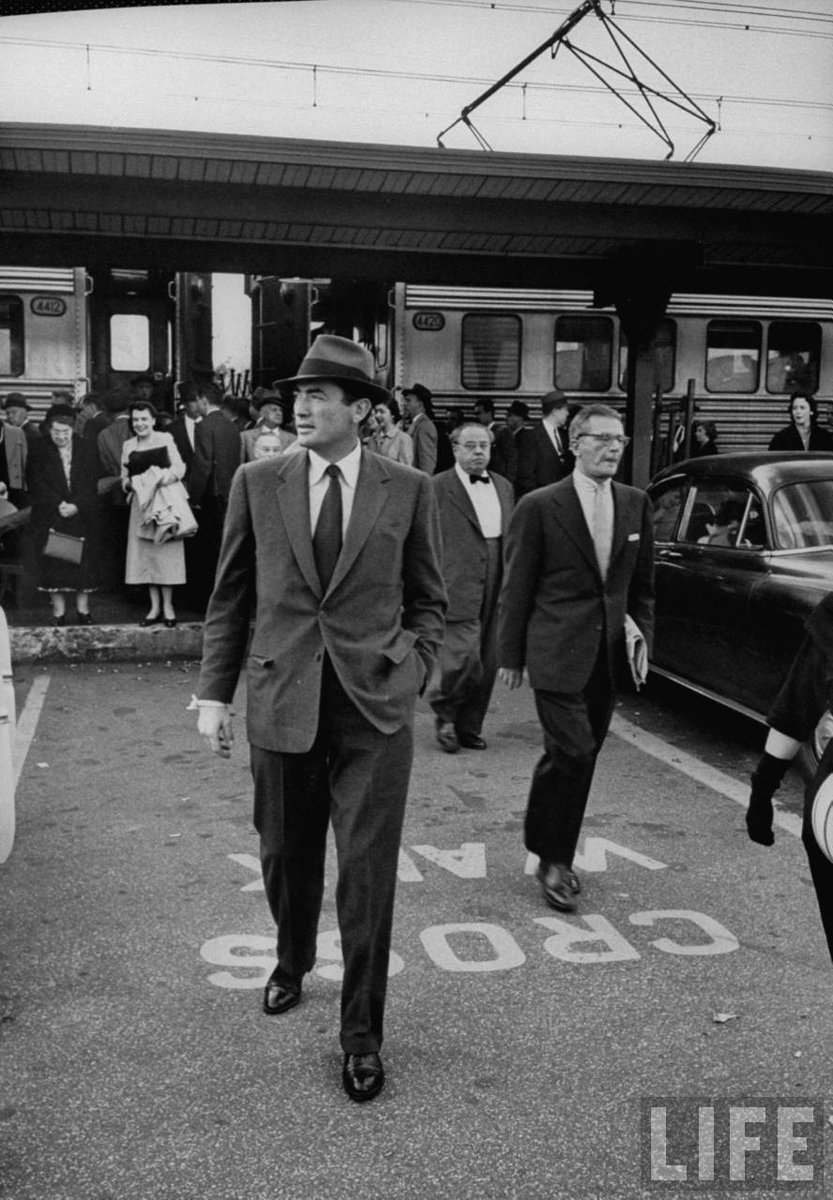
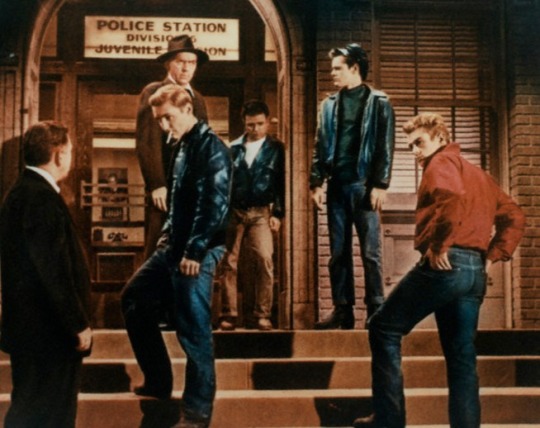
Sometimes you see guys put together outfits that are wholly creative and culturally don't mean anything. There are too many weird, contrasting, nonsensical elements. Fun socks with a serious suit; Western-yoked tweed with shiny tie and trendy small collar. 



Other times, you see guys wear things according to the rules or trends, but the outfits don't suit their lifestyle. They look like they're wearing someone else's clothes. When creating an outfit, tell a story. Think about the cultural meaning of clothes & how ur clothes suit you.
• • •
Missing some Tweet in this thread? You can try to
force a refresh


